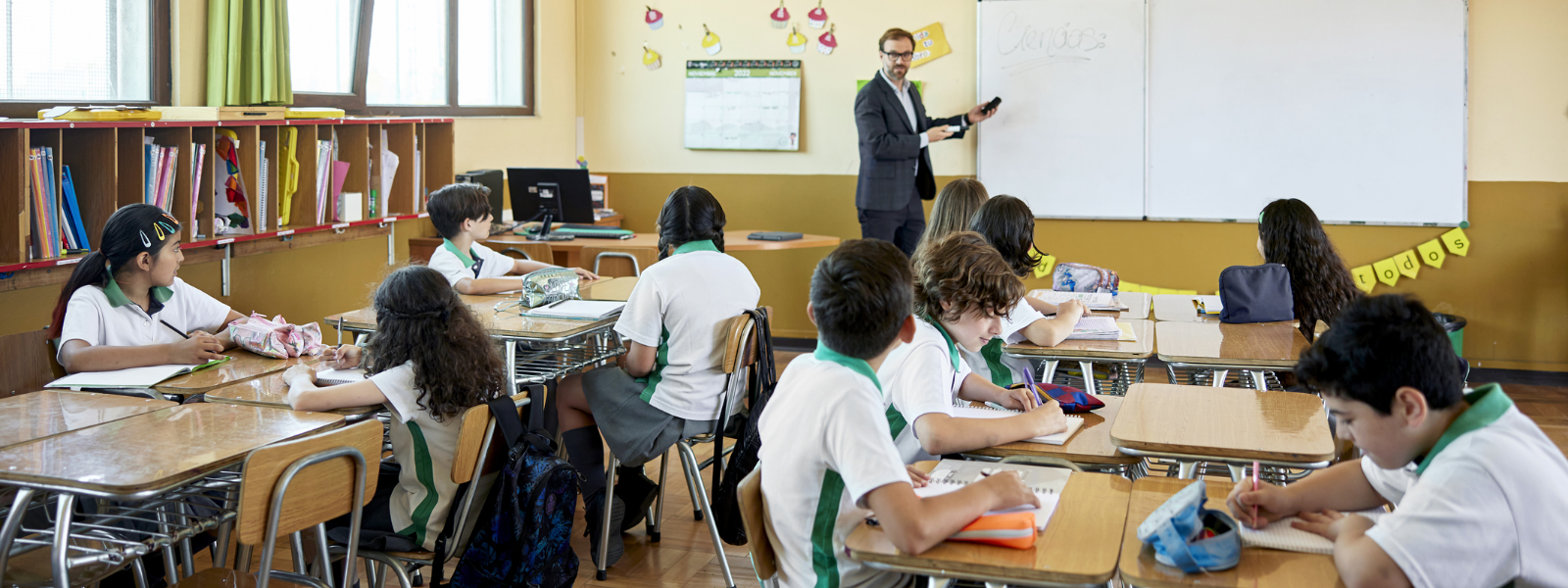
Prolonged absence from school is most harmful to achievement at the very start and in the transitional years from primary to secondary, according to new research.
The study, funded by the Nuffield Foundation, of more than 8,000 pupils in England found that absences in the transitional and early secondary years are more than twice as harmful as those in the middle years of primary school.
It concludes that, contrary to some other research, authorised absences – notably through illness – are as detrimental as those which are unauthorised.
The researchers also observed notably similar patterns in the effect of both the timing and reasons for absences in the context of education in Wales.
Equal urgency
The researchers recommend increased support for pupils through the transitional years, addressing all absences with equal urgency and sharing attendance data across school stages to enable continuity of support. In addition, they propose that interventions on absences from school should address their root causes more than taking punitive measures.
The study was carried out at the University of Strathclyde, in collaboration with researchers at the University of Glasgow and the German Institute for Economic Research. It has been published in the American Educational Research Journal.
Professor Markus Klein, of Strathclyde’s Institute of Education, the project’s principal investigator, said: “While it is well known that significant absences have an adverse effect on school performance, our research aimed to identify the stages at which it is most harmful and the extent of harm which different types of absence cause.
“At times of transition, schools typically support pupils in coping with new experiences, and so absence at these stages may be more detrimental to achievement than in other periods. Understanding and addressing the causes of non-attendance during this period must be a priority for both policymakers and practitioners.
“Improving attendance requires early, sustained intervention. Patterns of absence often begin in primary school, where even authorised absences can signal longer-term disengagement. Addressing the underlying causes through early, collaborative support for families is essential to prevent more serious attendance issues later on.
Both authorised and unauthorised absences have an equal impact on academic achievement, yet current policy tends to focus disproportionately on unauthorised absences. To improve outcomes, we need to give equal attention to all types of absence, including those for legitimate reasons such as illness, and support parents with clear guidance on school attendance.
Absences had a greater impact on academic performance in the first year of primary school, and this effect decreased steadily from Years 2 to 5. They had a stronger effect on performance from Year 6, the final year of primary school, to Year 10, the penultimate year of compulsory secondary schooling, but this was reduced slightly in Year 11.
The researchers used data from the UK Millennium Cohort Study, which is linked with the National Pupil Database, the data register of all students in state schools in England.